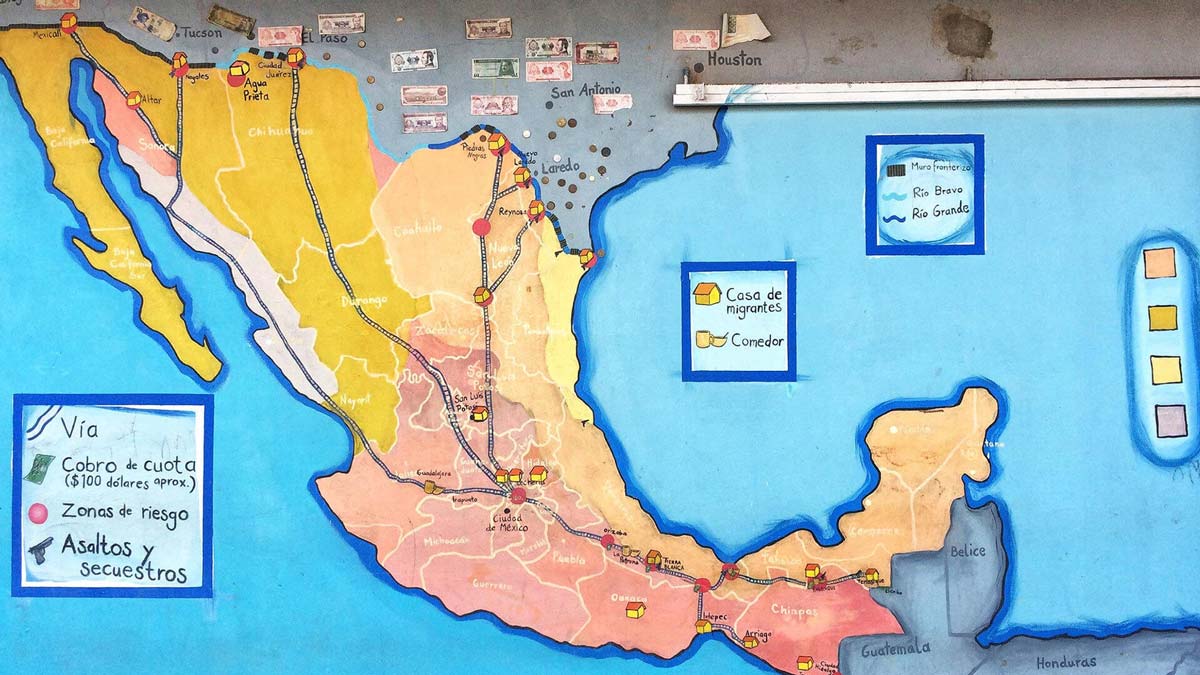This special issue of Victims and Offenders empirically interrogates the scholarship that in the name of security has been mobilized in contemporary Mexico. That is, the kind that has relied on the notion of organized crime as in the hands of networked and highly structured groups and of inherently violent and immoral criminals to frame and justify official policy and enforcement responses. These, rather than improving collective safety, have generated concerning levels of insecurity impacting all – including those constructed or labeled as criminal and their communities.
The contributions constitute a selection of those presented at an international conference on Gender and Organized Crime sponsored by the Education for Justice (E4J) Initiative of the United Nations Office on Drugs and Crime (UNODC), which was held at the European University Institute in Florence, Italy in July of 2018. All but one of the contributors to the special issue are women, and together they comprise a group of researchers whose primary interests involve the empirical study of Mexico and/or USMexico security dimensions
The contributions were selected for they constitute empirically-informed and grounded work that challenge mainstream understandings and discourses concerning organized crime in Mexico. We deliberately selected contributions that relied on primary sources, that were based on or were supplemented by extensive fieldwork, and which research strategies revealed the researchers’ awareness of their positionality vis-à-vis those of their interlocutors (that is, their respondents and/or contributors). We did this aware of the fact that much research into criminalized and marginalized practices has systematically involved the exploitation of its actors as objects of knowledge. We were also aware of how by virtue of researching organized criminal practices in Mexico we were “entering a field rich in hyper-representations,” (Fonow & Cook, 2005, p. 2222) which demanded further awareness of the discursive (and therefore, political) elements that shaped said representations. Not doing so would have unnecessarily led to reinscribe the dominant power relations embedded in traditional research (Fonow & Cook, 2005; Wilson, 2004) and which have characterized the treatment and depictions of those represented in the organized crime literature on Mexico and around the world.
This is a part of the article published by Gabriella Sanchez and Sheldon X. Zhang.
